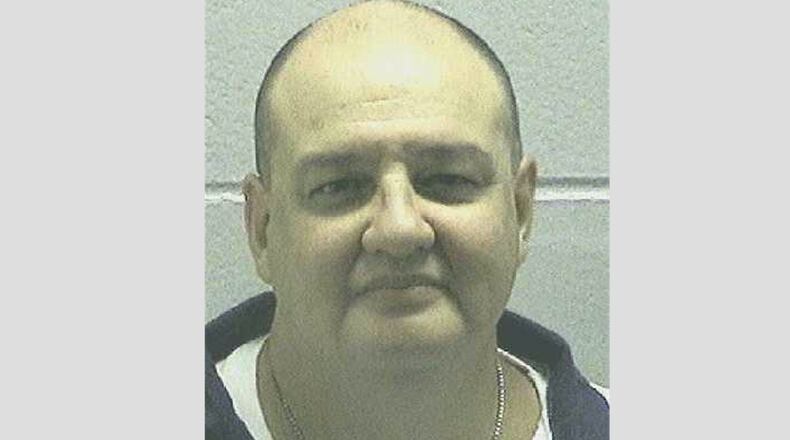The federal appeals court in Atlanta is allowing a man on death row to continue pursuing a lawsuit in which he seeks to be executed by a firing squad instead of by lethal injection.
In a decision issued Monday, a unanimous three-judge panel of the 11th U.S. Circuit Court of Appeals declined to dismiss the suit filed by Michael Wade Nance. Nance contends a medication he takes for back pain has made his brain less receptive to pentobarbital, the drug Georgia uses in lethal injections. He also says being killed instead by a firing squad would reduce his risk of severe pain.
Nance was sentenced to death by a Gwinnett County jury in 2002 for fatally shooting 43-year-old Gabor Balogh when he resisted giving up his car. Nance had just robbed the Tucker Federal Savings and Loan in Lilburn and was looking for a getaway car.
Nance previously had his firing squad claims dismissed in the federal courts, but the U.S. Supreme Court reinstated them in a decision handed down last year.
Writing for the 11th Circuit, Chief Judge Bill Pryor said Nance “has plausibly alleged that execution by firing squad would be a viable and less painful alternative method of execution, as applied to him.”
Citing a 2008 U.S. Supreme Court decision, Pryor noted “if a state refuses to adopt such an alternative in the face of these documented advantages, without a legitimate penological justification for adhering to its current method of execution, then a state’s refusal to change its method can be viewed as ‘cruel and unusual’ under the Eighth Amendment.”
The 11th Circuit sent Nance’s case back to U.S. District Judge J.P. Boulee in Atlanta to determine if the Department of Corrections can give a legitimate explanation why it must carry out Nance’s execution only by lethal injection.
The state had argued against the firing squad, calling it “relatively uncommon and archaic.” But Pryor noted Nance had cited the detailed firing squad protocol employed in Utah. And that Nance contended Georgia could not only carry it out “relatively easily and reasonably quickly,” it would also be “virtually painless.”
In 2015, the U.S. Supreme Court said a challenge against lethal injection can only prevail when a person shows that method of execution creates “a substantial risk of serious harm.” A showing must also be made that “there are known and available alternatives that are feasible, readily implemented and that will in fact significantly reduce the substantial risk of severe pain.”
In Monday’s decision, Pryor said that Nance had satisfied both requirements.
Under Georgia law, lethal injection is the sole method of executed permitted in the state. So if Nance prevails in his lawsuit to be executed by firing squad, presumably the state Legislature would have to make that an alternative method of execution here. Or the state could use something other than pentobarbital for its lethal injection.
Nance is within his rights in proposing a different alternative, even one that is not authorized under Georgia law, Pryor wrote. He added, “If no method of execution would satisfy both the federal Constitution and Georgia law, Nance cannot be executed.”
About the Author
The Latest
Featured




